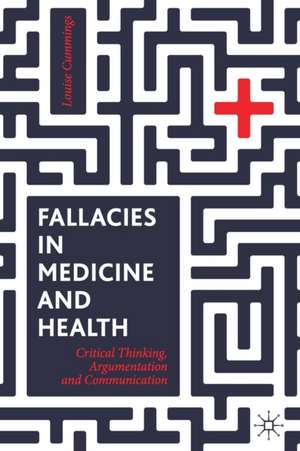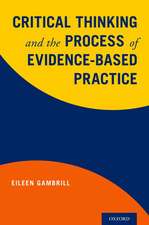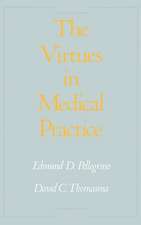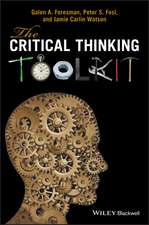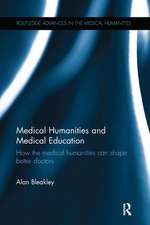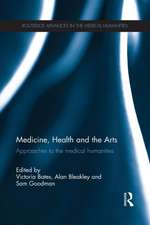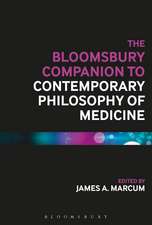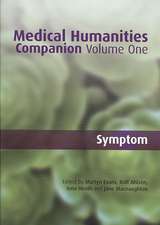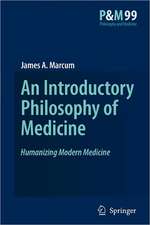Fallacies in Medicine and Health: Critical Thinking, Argumentation and Communication
Autor Louise Cummingsen Limba Engleză Paperback – mar 2020
Preț: 528.13 lei
Preț vechi: 621.33 lei
-15% Nou
Puncte Express: 792
Preț estimativ în valută:
101.06€ • 105.78$ • 84.11£
101.06€ • 105.78$ • 84.11£
Carte tipărită la comandă
Livrare economică 31 martie-14 aprilie
Preluare comenzi: 021 569.72.76
Specificații
ISBN-13: 9783030285128
ISBN-10: 303028512X
Pagini: 418
Ilustrații: XVII, 289 p. 39 illus., 37 illus. in color.
Dimensiuni: 155 x 235 x 16 mm
Greutate: 0.44 kg
Ediția:1st ed. 2020
Editura: Springer International Publishing
Colecția Palgrave Macmillan
Locul publicării:Cham, Switzerland
ISBN-10: 303028512X
Pagini: 418
Ilustrații: XVII, 289 p. 39 illus., 37 illus. in color.
Dimensiuni: 155 x 235 x 16 mm
Greutate: 0.44 kg
Ediția:1st ed. 2020
Editura: Springer International Publishing
Colecția Palgrave Macmillan
Locul publicării:Cham, Switzerland
Cuprins
Chapter 1: Critical Thinking in Medicine and Health.- Chapter 2: Arguing from Ignorance.- Chapter 3: Slippery Slope Arguments.- Chapter 4: Fear Appeal Arguments.- Chapter 5: Appeals to Expertise.- Chapter 6: Argument from Analogy.- Chapter 7: Post Hoc, Ergo Propter Hoc.
Notă biografică
Louise Cummings is Professor in the Department of English at The Hong Kong Polytechnic University, Hong Kong. She has published and edited 18 books in public health reasoning, communication disorders, pragmatics, and clinical linguistics. She is Visiting Professor at York St John University in the UK, and Honorary Research Associate at the University of Antwerp in Belgium.
Textul de pe ultima copertă
“Louise Cummings’ Fallacies in Medicine and Health is essential reading for health-care practitioners and policy makers and for professional fallacy-theorists as well. Louise Cummings has played a pioneering role in finding useful work for fallacy theory to do in contexts in which faulty diagnoses, misjudged treatment protocols or unrealistic prognoses can be fatal. To achieve the book’s objectives, it has been necessary for its author to secure scientific standing on both sides of the disciplinary divide from which her project proceeds. Fallacies in Medicine and Health merits a large and welcoming reception in both places.”
– John Woods, Director of The Abductive Systems Group, University of British Columbia, Canada
Louise Cummings is Professor in the Department of English at The Hong Kong Polytechnic University, Hong Kong. She has published and edited 18 books in public health reasoning, communication disorders, pragmatics, and clinical linguistics. She is Visiting Professor at York St John University in the UK, and Honorary Research Associate at the University of Antwerp in Belgium.
Caracteristici
Draws together the interrelated fields of critical thinking, logic, rhetoric, argumentation theory and health communication Argues that there is a place for so-called 'informal fallacies' as cognitive strategies that can help to guide deliberations Examines the use of informal fallacies in a wide range of medical and health contexts, including public health, medical diagnosis, doctor-patient consultations, and debates in medical ethics Provides a new analytical framework within which to evaluate medical and health messages from a wide range of sources Employs a range of pedagogical features – including learning objectives, case studies, annotated suggestions for further reading, and end-of-chapter questions – to encourage students to apply what they've learned
